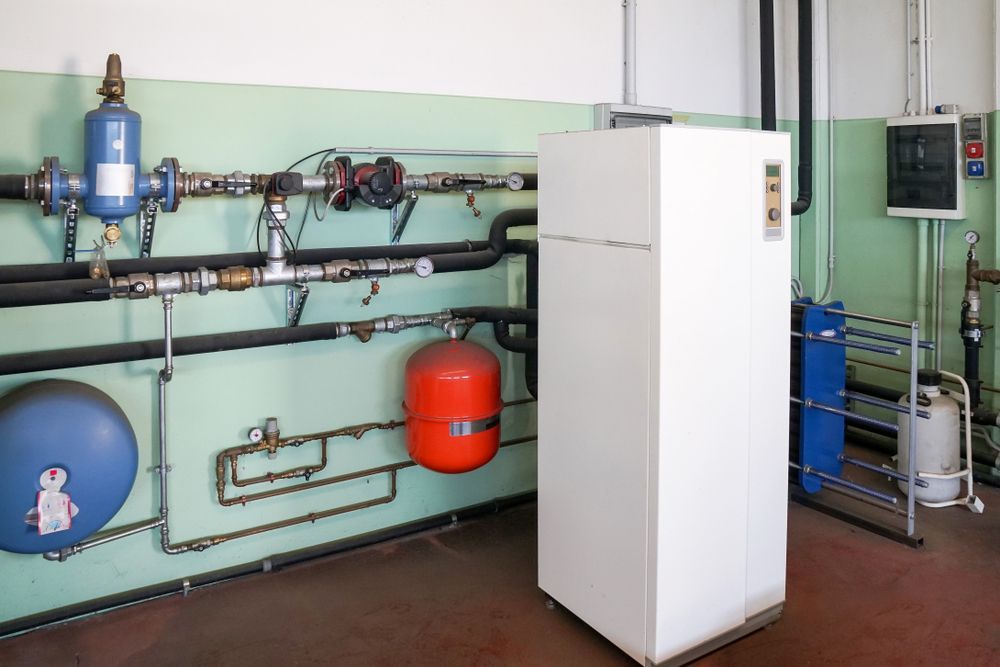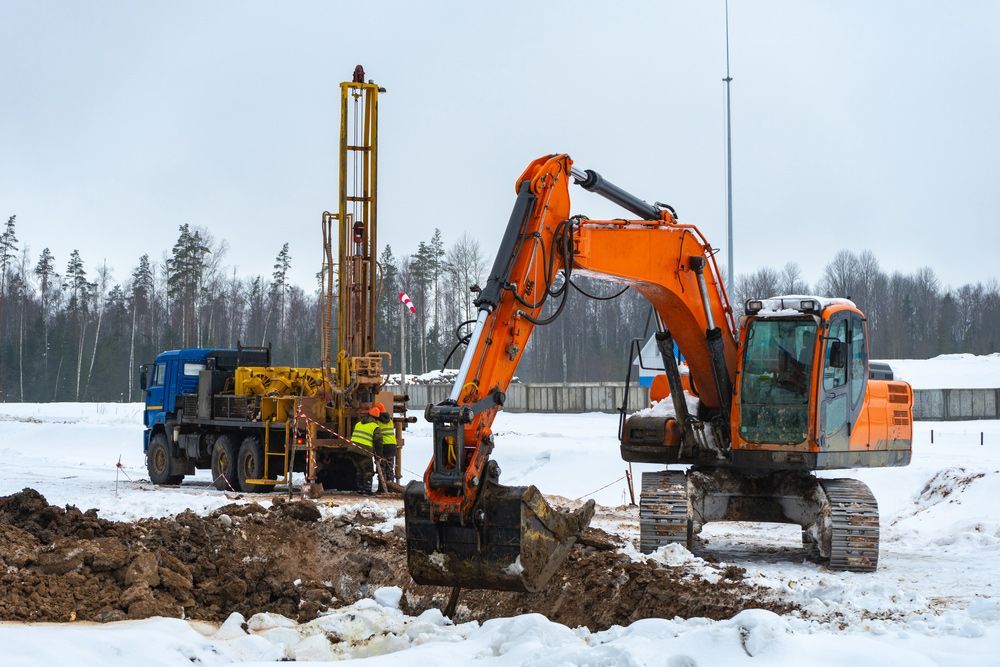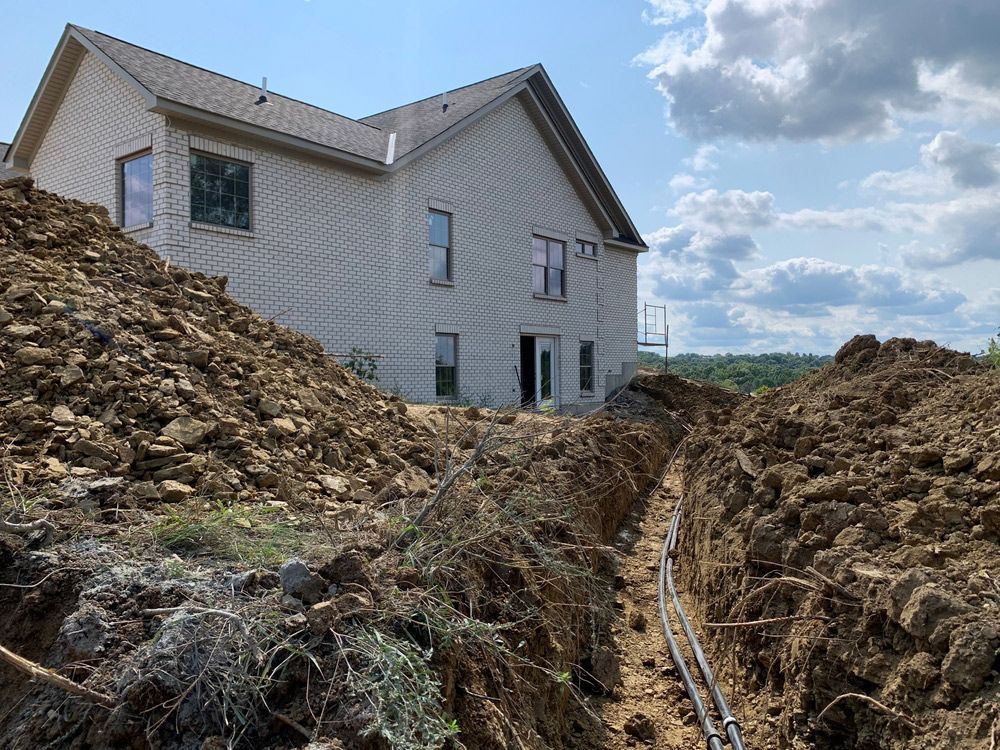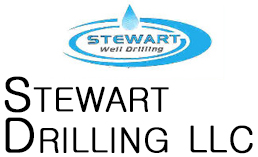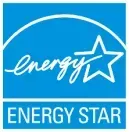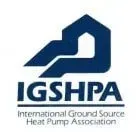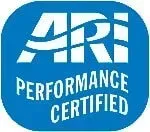What is a Geothermal Heat Pump? A Guide for Oil City, Pennsylvania Homeowners
When you’re looking for energy efficient ways to control the temperature of your home, you’ll ultimately end up discovering the geothermal heat pump. A geothermal heat pump is one of the best ways to keep your home more comfortable here in Oil City, but many homeowners don’t fully understand what it is and how it operates.
Whether you’re in the first stages of research or you’re trying to decide if geothermal heating and cooling is right for you, here is how the geothermal heat pump works in your Oil City home:
A Quick History of Geothermal Heat Pumps
Geothermal heat pumps—which are sometimes referred to as GeoExchange—is a ground-source or water-source heat pump. These systems have been in use since the 1940s and use resources in the earth to help regulate air temperature in a building or a residential home.
Why is Geothermal Heating and Cooling so Energy Efficient?
Even with extreme seasonal fluctuations here in Oil City, the ground remains at a relatively constant temperature several feet below the surface. The geothermal heat pump takes advantage of this occurrence by exchanging heat with the earth via a ground exchanger.
Geothermal heating and cooling units with water-source pumps can heat, cool, and supply hot water to your home. This bypasses the need to use a traditional HVAC system, since the geothermal heat pump works to keep your home at the indoor temperature of your choice.
What are the Types of Geothermal Heating Systems?
There are five main types of geothermal heating systems here in Oil City.
- Closed-Loop System: This system uses an antifreeze solution through a closed loop that is buried underground or under water.
- Horizontal: This is perhaps the most cost effective choice for homeowners looking for a geothermal heat pump. In some circumstances, the cost can be reduced by using a slinky method in the piping.
- Vertical: Vertical geothermal heat pumps are most common for schools and buildings. These are used when the soil is too shallow for trenching.
- Pond or Lake: If there is a pond or lake nearby, this is another low-cost option for geothermal heat pumps. The supply line is run underground at least 8 feet underneath the surface to prevent freezing.
- Open-Loop System: This option uses a well or surface body water in exchange for heat. This option is only used when there is an adequate body of clean water nearby.
Hybrid systems also exist where the unit uses a combination of different resources. To learn the best type of system for your home, get in touch with Stewart Well Drilling at
(724) 658-4488.
